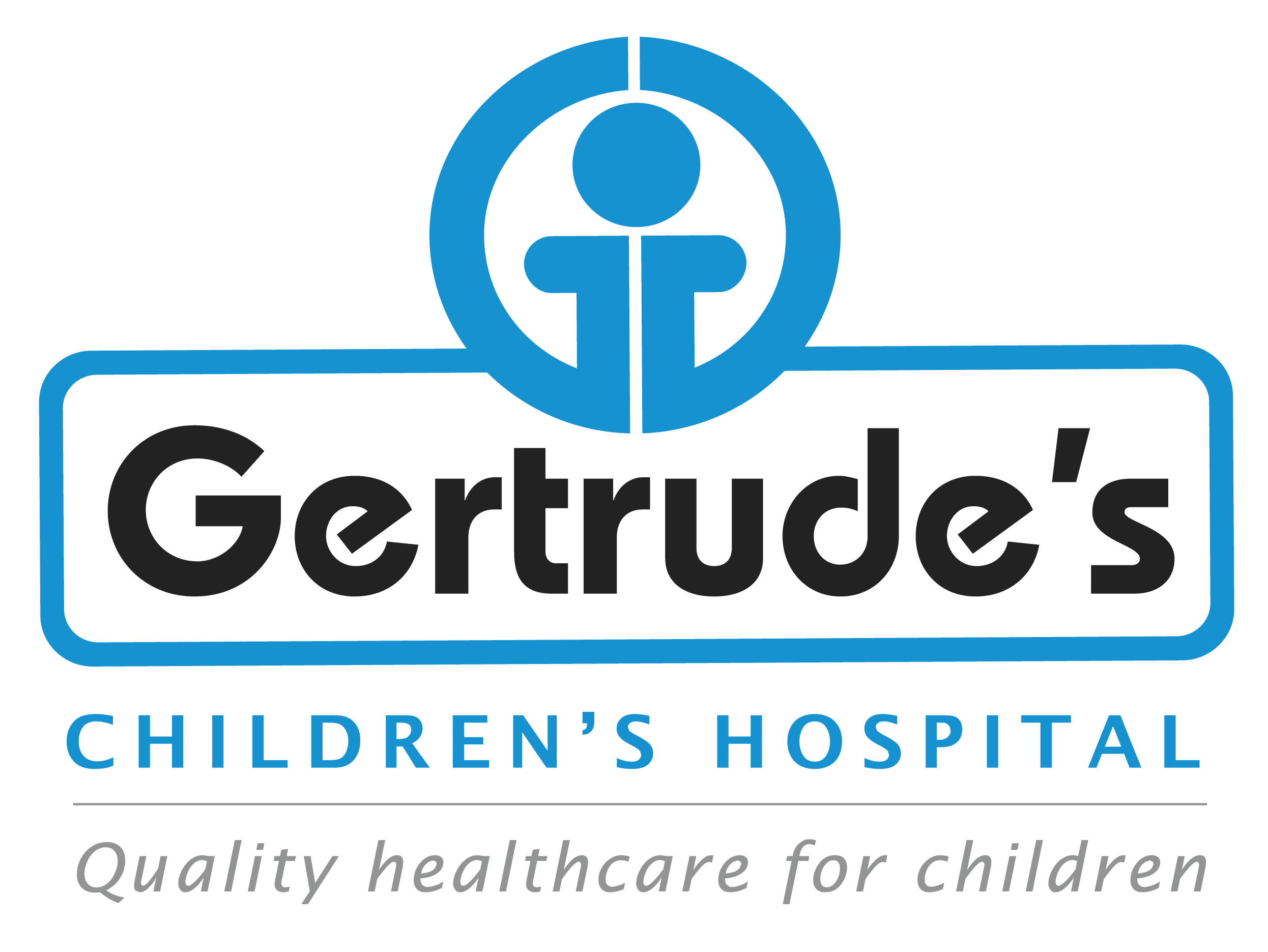Congenital heart disease (CHD) refers to a range of heart defects that are present at birth. These defects can affect the heart’s structure, such as the walls, valves, or blood vessels, and they may impact how blood flows through the heart and to the rest of the body. CHD is one of the most common birth defects, affecting about 1 in every 100 babies. Some forms of CHD are mild and may not require immediate treatment, while others can be more serious and need urgent care.
Some of the most common CHDs we treat include:
- Atrial septal defect (ASD)
- Atrioventricular canal defect
- Ventricular septal defect (VSD)
- Transposition of the great arteries (TGA)
- Coarctation of the aorta
- Tetralogy of Fallot





